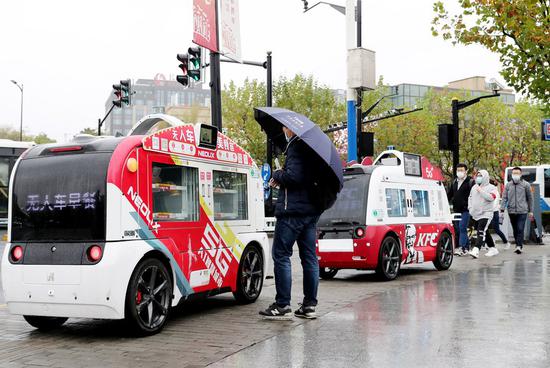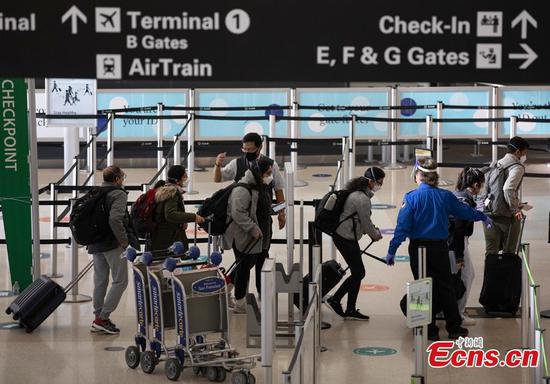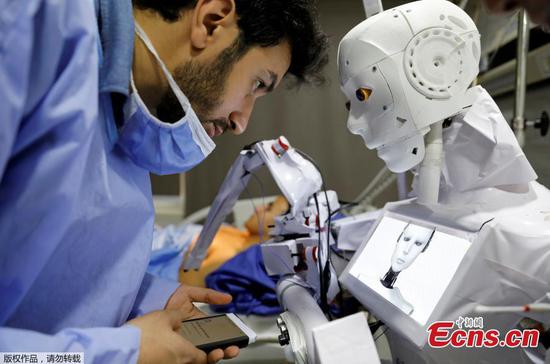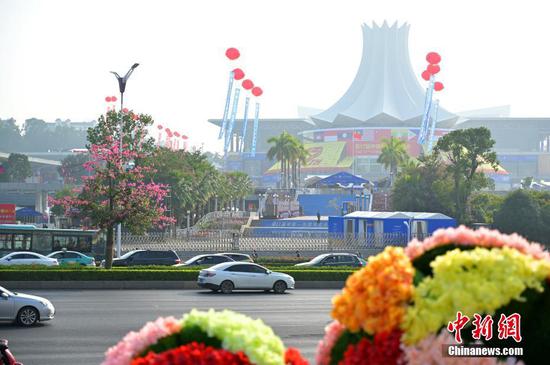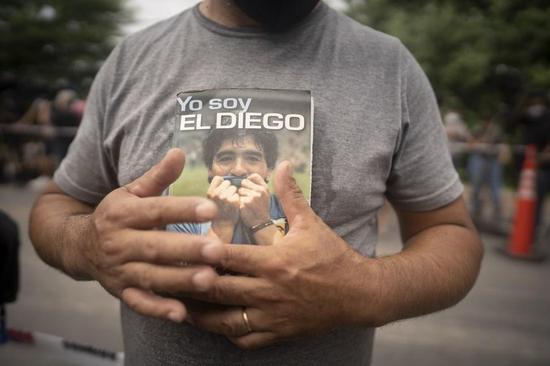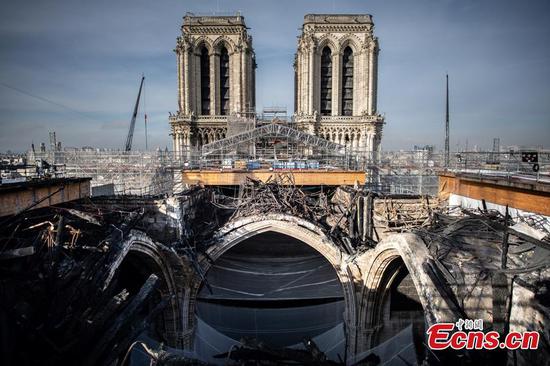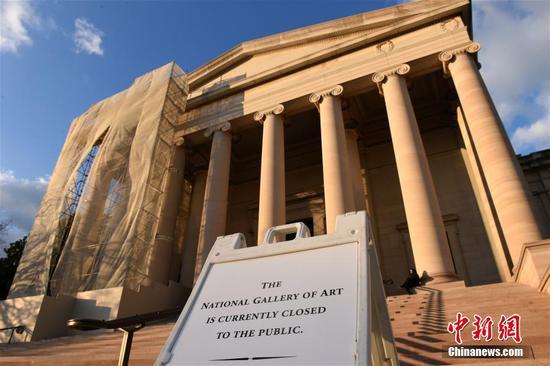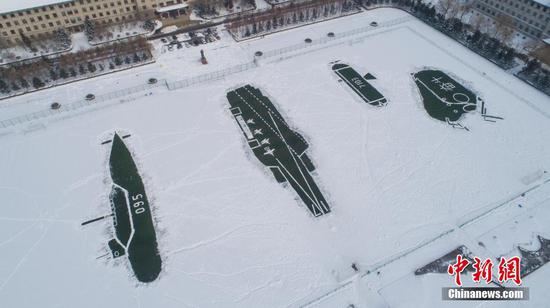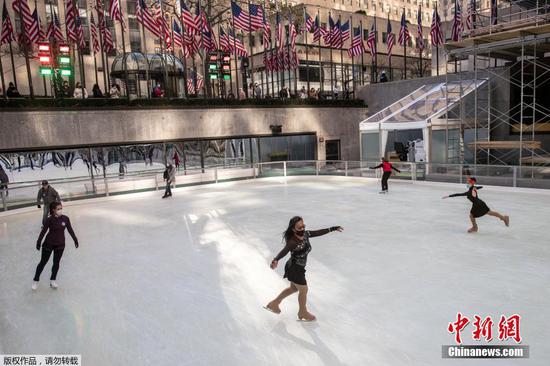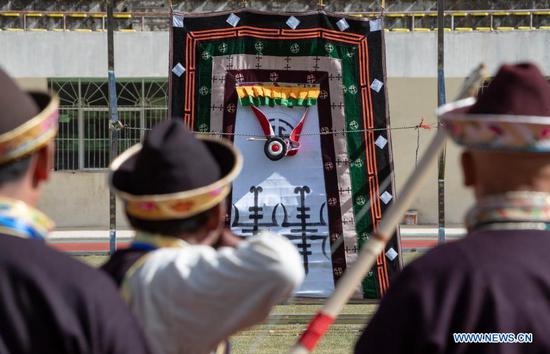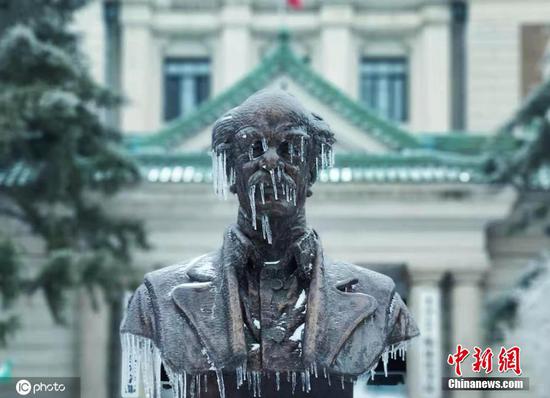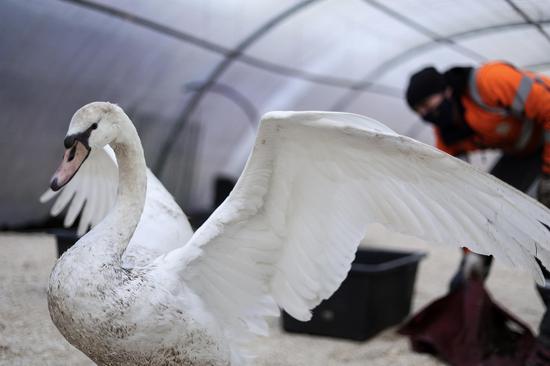The president of the world's largest humanitarian organization warned on Monday that efforts to roll out a potential COVID-19 vaccine could fail unless equally ambitious efforts to counteract rapidly rising levels of mistrust and misinformation are put in place.
Speaking ahead of a United Nations high-level special session on the COVID-19 pandemic to be held this week in New York, Francesco Rocca, president of the International Federation of Red Cross and Red Crescent Societies (IFRC), told reporters at a virtual press conference that "we welcome the news that a viable COVID-19 vaccine may be imminent. However, we caution that a vaccine in-and-of-itself will not be enough to end this pandemic."
"To beat COVID-19, we also need to defeat the parallel pandemic of mistrust that has consistently hindered our collective response to this disease, and that could undermine our shared ability to vaccinate against it," he added.
Recent research has documented a worrying decline in how people view vaccines. A study by Johns Hopkins University in 67 countries found that vaccine acceptance had declined significantly between July and October of this year.
High levels of mistrust have undermined public health efforts to respond to COVID-19 from the outset and have facilitated the spread of the virus in countries around the world. For example, IFRC research in Africa has consistently documented a belief among some that the virus is a "western issue" while in the Western countries many people refuse to follow basic public health advice.
Rocca called on governments to begin putting in place measures to counteract this mistrust and the misinformation that often fuels it.
"Building trust requires deliberate and sustained community engagement. The measures needed must be grounded in evidence-based, risk-informed open communications from trusted sources and be able to react effectively to community feedback. While these efforts should target as wide an audience as possible, they should prioritize the most vulnerable, marginalized and at-risk groups," he said.
This kind of painstaking community outreach and engagement has been at the heart of the IFRC global response to the COVID-19 pandemic. So far, National Red Cross and Red Crescent Societies, with IFRC support, have reached 243 million people through COVID-19-related community engagement activities. Such measures include tracking community perception of the disease and the response; responding to and acting on peoples' questions, suggestions and capacities; and providing accurate and timely information in local languages through diverse channels.
Rocca said that "we stand ready to support government efforts to roll out a COVID-19 vaccine, including by leading and supporting efforts to counteract misinformation and build trust."
The IFRC has been a vocal support of the importance of equitable access to COVID vaccines and treatments and has warned against the rise of "vaccine nationalism."
"We call again on all the governments who have not joined the COVAX facility to consider doing so and to show leadership at the international level. We also call on governments who have joined the COVAX facility to increase their allocation to this valuable multilateral mechanism to further increase equity in future vaccine distribution," he said.
"Working in solidarity is not only our moral imperative, but it also makes the most sense from a public health perspective. The vaccine must go to where it is needed, not just to where it can be afforded," Rocca said.
The UN General Assembly on Nov. 5 decided to hold on Dec. 3-4 a special session on galvanizing international cooperation to deal with the COVID-19 pandemic.













